This entry, “Belief is Compatible with Science”, is the third in a five-part series stemming from a debate I did with atheist, brainiac, and übermensch, Brian Govatos, who runs the website The Proud Atheist. As we debated, five observations occurred to me as useful launch points for a dialogue between the Catholic view of faith and the common atheistic views of faith: 1) There is evidence; 2) It is reasonable to believe; 3) Believing is compatible with science; 4) the desire for unity; 5) religious responses are part of our DNA.
3) Belief is Compatible with Science – There is a commonly repeated belief among some in the atheistic community that religious belief and science are completely incompatible. Often this perceived incompatibility is rooted in a misreading of Scripture, almost treating the Bible as a science or a history book. For example, some people (both Christians and non-Christians) read the story about the seven days of creation as a scientific teaching. This does not bear true in the Catholic understanding of Scripture or in the Catholic approach to living in the Universe. Let’s be clear, the Catholic approach to interpreting Scripture is that we don’t make Scripture become something it is not. The Bible is truly a “bibliotheke” which is the Greek word for a collection of books, a library. Libraries are filled with book from many different genres. A cookbook is not a history book, a science book, or poetry. It is a cookbook. Similarly, the bible contains many different genres and should be read as such.
The Hebrew and Christian scriptures contain allegory, poetry, hero biographies, letters, and songs. All are different and all serve differing functions. The writings are sacred, not because they have recorded human history like a series of newspaper articles but because they reveal who God is and who we are. The stories work as a way to plumb the depths of our existence and offer an invitation to be in relationship with the creator.
With this as our approach to the sacred text, we are not afraid of what science discovers and where scientific discovery will lead us. Science is not a threat to our faith; instead it leads us deeper into the mystery of our faith. Scientific inquiry and discovery is a joyful pursuit and not something we engage in with suspicion. We see the world with clearer eyes and we see God more explicitly at work as we grow in our understanding of the universe and its marvels. This can only lead to joy for the believer. Fr. Paul Gabor, SJ an astronomer at the Vatican Observatory says, “Science allows us to enter into a dialogue with the creator that is inaccessible by any other means.” And as Br. Guy Consolmagna, SJ also of the Vatican Observatory says, science is an arm of the Church. Because of the way the Universe allows us to dialogue with God, we should all be well versed in the sciences, not protected from them.
